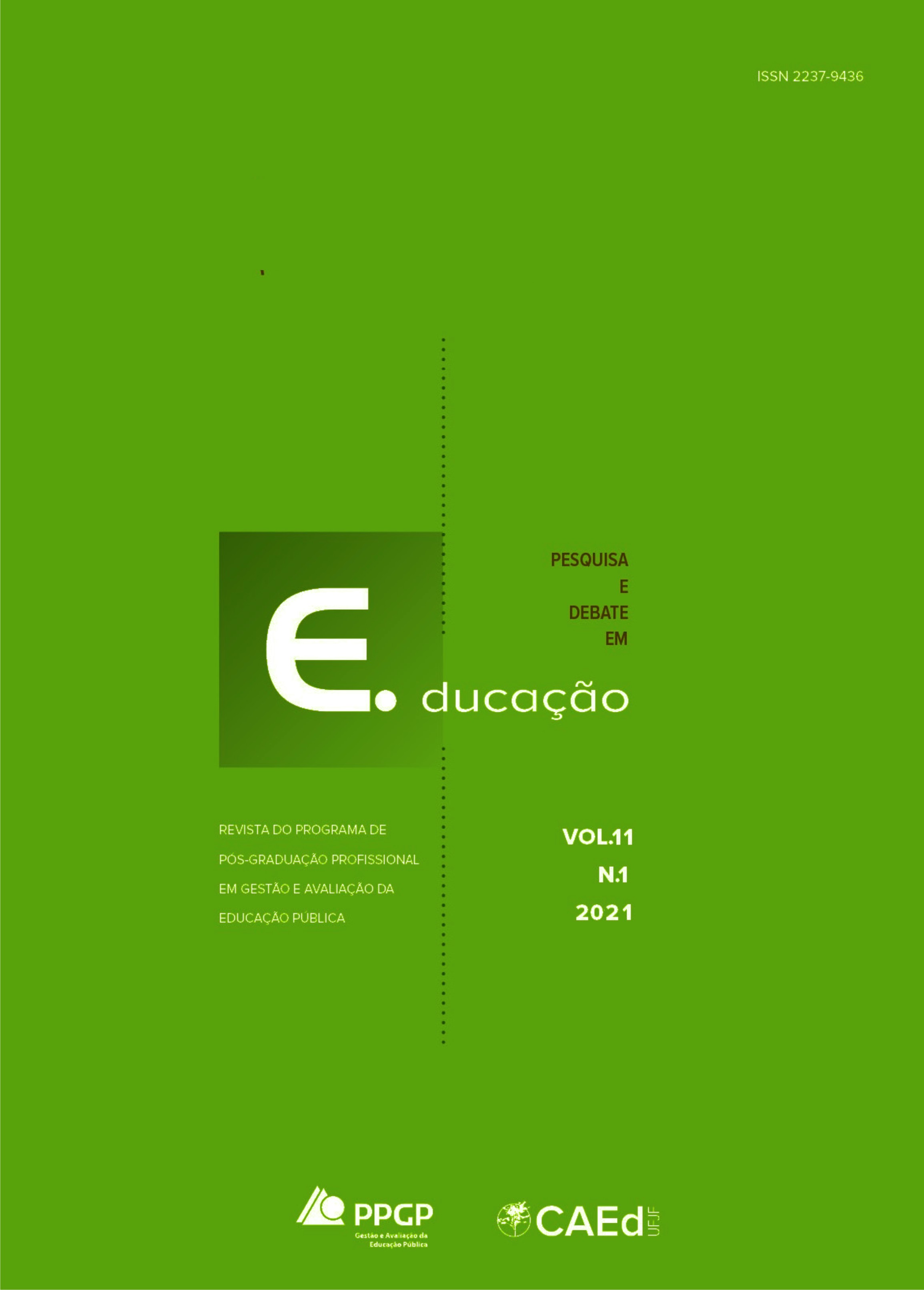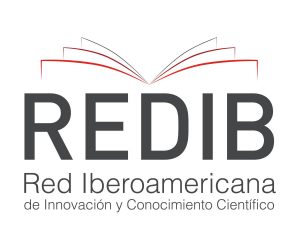Distance education and quality of education
a quantitative analysis
DOI:
https://doi.org/10.34019/2237-9444.2021.v11.31691Keywords:
Distance education, Quantitative analysis, Educational research, Educational managementAbstract
The present work, carried out in the pre-pandemic period of COVID-19, intends to focus on the Distance Education modality, in a way to emphasize the quality of the teaching method. To that, having as reference, in this study, the analysis of the responses of 95 teachers from different performance networks, who, through a questionnaire, answered questions pertinent to the influence of this teaching modality in their pedagogical routines. The referred research is based on an epistemological basis, for this purpose, the Cartesian-quantitative approach to survey data, and, through statistical analysis, to understand this investigative incidence. The purpose of this study aims, moreover, to highlight the influence of technology in education in general, aiming, through this, to expand an integrative and stable dialogue with all researchers interested in the area.
Downloads
References
AL-TABI, Mushtak; DEBOER, Jennifer De. Teaching entrepreneurship using Massive Open Online Course (MOOC). Technovation, v. 34, n. 4, p. 261-264, 2014. Disponível em: https://www.sciencedirect.com/science/article/abs/pii/S0166497214000078. Acesso em: 12 abr. 2019.
BROWN, Timothy. A. Confirmatory factor analysis for applied research. New York: The Guilfort Press, 2006.
CAUDILL, Steven B. An Advantage of the Linear Probability Model over Probit or Logit. Oxford Bulletin of Economics and Statistics, v. 50, n. 4, p. 425-427, 1988. Disponível em: https://econpapers.repec.org/article/blaobuest/v_3a50_3ay_3a1988_3ai_3a4_3ap_3a425-27.htm. Acesso em: 15 jun. 2019.
CHONG, Il-Gyo.; JUN, Chi-Hyuck. Performance of some variable selection methods when multicollinearity is present. Chemometrics and intelligence laboratory systems, Dordrecht, n. 78, p. 103-112, 2005. Disponível em: https://www.sciencedirect.com/science/article/abs/pii/S0169743905000031. Acesso em: 8 maio 2019.
GUJARATI, Damodar N.; PORTER, Dawn C. Econometria básica. São Paulo: McGraw Hill Bookman, 2011.
HARRINGTON, Donna. Confirmatory factor analysis. Oxford: Oxford University Press, 2009.
MOUSSATCHÉ, Anna Helena. Práticas de leitura: situações de interlocução com alfabetização digital. In: FERNANDES, M. C. P.; MOUSSATCHÉ, A. N.; CASSANO, M. G.; GRANJA, C.; BASTOS, E. E tecnologia, o que é? Rio de Janeiro: CEDERJ, 2008.
WOOLDRIDGE, Jeffrey M. Introdução à econometria: uma abordagem moderna. 6. ed. São Paulo: Cencage Learning, 2017.
Downloads
Published
How to Cite
Issue
Section
License
Copyright (c) 2021 Anderson do Espírito Santo da Silva; Pedro Ivo Camacho Alves Salvador

This work is licensed under a Creative Commons Attribution 4.0 International License.




















